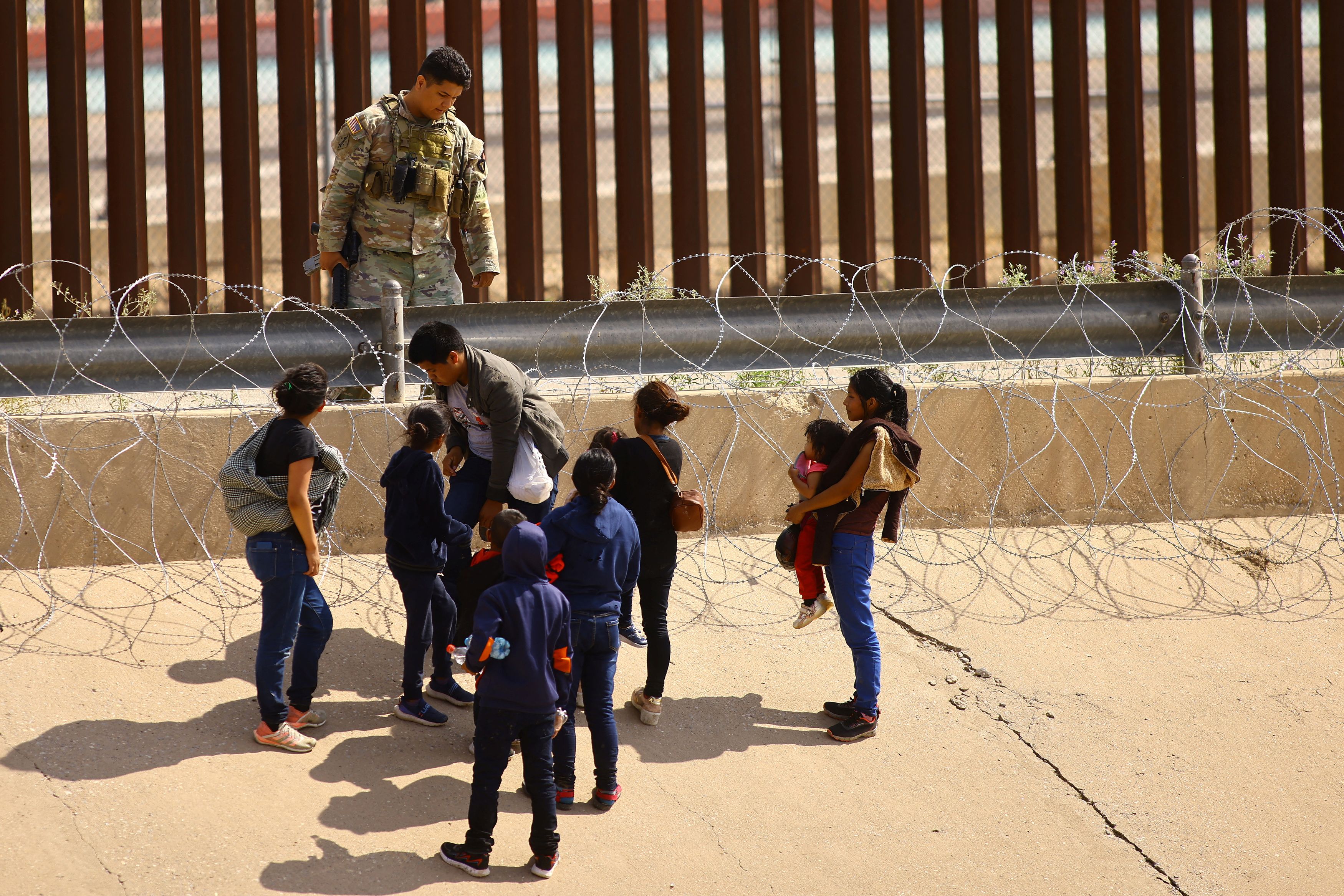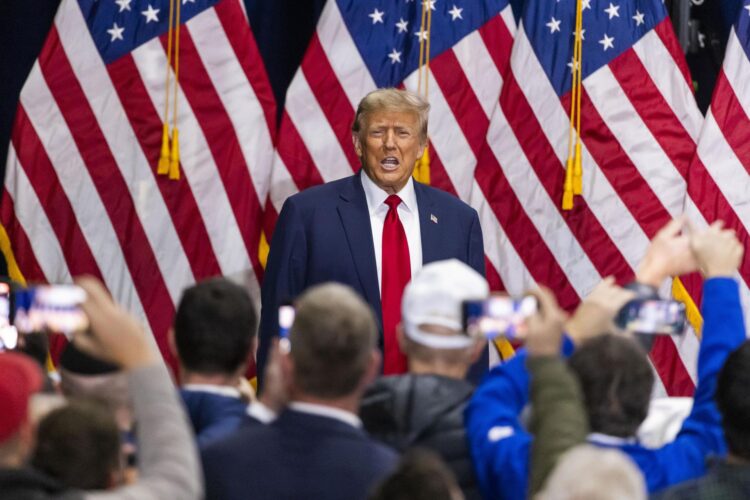The term “Latino” refers to an ethnocentric connotation, since it simplifies and homogenizes the diversity of the different cultures or national origins that comprise it. It could be bet that for an ordinary Anglo, if this exists, whether from Idaho, Wyoming, Utah or Maine, there are no substantial differences between Puerto Ricans, Argentines, Bolivians, Brazilians, Dominicans, Cubans or Mexicans.
U.S. culture — understood as the mainstream — tends to decode foreign cultures and cultural attributes with a surprising degree of simplification, which is the consequence of a self-sufficiency syndrome, so to speak, that is not fundamentally new, nor would it be fair to limit the Americans, as the classical Greeks themselves remind us when they baptized the Persians, one of the most marvelous civilizations that humanity has ever known, as “barbarians.”
Alejo Carpentier recounted how in 19th century France, a writer boasted of knowing all universal literature without having read anything other than Parisian writers. Following the same rhyme, the problem is that certain Angles too often see themselves as the summa of any possible civilizational model, as the measure of all things of the famous Greek philosopher.
From there we get, in a “natural” way, to other social-cultural domains such as, for example, maintaining that movies, fashion and a long etcetera are American or they are not; and also to derogatorily designate as “old Europe” countries in that area of the world that have different conceptions about society, politics and culture.

To verify this, it would be enough to refer to the uses of language, which always refer to social and power relations. I remember that an intellectual from Guadalajara told me one day in a restaurant in Mexico City that U.S. culture had a record that was difficult to beat in terms of the use of derogatory words to designate otherness.
In fact, they have them, historically, for Italians (greasers), Japanese (japs), African-Americans (niggers), Vietnamese (gooks) and, of course, for Latinos, whom they usually call spics, for their peculiar way of not speaking English well; a word whose genesis is documented in literature at the beginning of the 20th century, in the context of the expansion and rise of Manifest Destiny.
In any case, subject to these and other considerations, the important thing is that in the domestic U.S. cultural dynamics the categories of “Latinos” or “Hispanics” tend to be assumed positively by descendants of Latin Americans to mark identity differences and their own place under the sun.
Here you will find, in fact, civil organizations and even television spots that use “Latino pride” as a way of positioning themselves in front of a traditional, white, light-eyed and Protestant society that, on the one hand, has incorporated them into affirmative action programs as part of the so-called melting pot, on the other hand it has bombarded them with negative images and discriminated again thanks to a new fundamentalism that has taken over the Supreme Court (it should not be forgotten that the country is of tremendous complexity and cannot be reduced to the liberal emporiums of New York, Cambridge or San Francisco).
The paradigm of the Hispanic or Latino associated with delinquents, crime and drugs — three of the most worrying problems in the United States today — is entirely consistent with the film and entertainment industry, especially since West Side Story (1961), apart from the fact that Hispanic Business magazine lists the highest ranking and most influential Latinos/Hispanics in the country, especially in the midst of anti-immigrant ideological coordinates such as those currently prevalent in the Republican imaginaries.

Immigrants on the southern border. Photo: Reuters.
That and no other is the substrate on which Donald Trump’s anti-immigrant rhetoric is mounted, a cyclical phenomenon in U.S. history and culture, to denigrate and reject Latinos/Hispanics by appealing to racist constructs widely shared by followers of Make America Great Again (MAGA) and his surroundings.
In 2016, during his first campaign, he began calling Mexican immigrants “rapists”: “When Mexico sends its people, it doesn’t send the best.… They are sending people who have a lot of problems and they bring them to us. They are bringing drugs. They are bringing crime. They are rapists. And some, I guess, are good people.”
But this sector of the political class and its replicants not only exert demonization on Latinos/Hispanics but also on other national categories that it sees as having dark skin. Having just taken office, in January 2017, Trump announced the so-called Muslim ban, an executive order that prohibited travel to the United States for 90 days from seven predominantly Muslim countries (Iran, Iraq, Libya, Somalia, Sudan, Syria and Yemen) and suspended the resettlement of Syrian refugees.
After several disputes, in 2020 he expanded those visa restrictions to six more countries (Eritrea, Kyrgyzstan, Myanmar, Nigeria, Sudan and Tanzania), citing “national security” concerns.

Shortly after, in 2018, during a meeting at the White House to analyze the immigration issue, he complained about “having all these people from those shithole countries coming here” and exemplified it with Haiti, El Salvador and Africa, giving it the same country treatment to an entire continent. And he added: “why can’t we have more people from Norway.”
More recently, within the framework of his 2024 election campaign, he accused immigrants of “poisoning the blood of our country,” a formulation that could not but draw comparisons with the concept of “blood contamination” used in its time by German Nazism, and in particular by Adolf Hitler in Mein Kampf.
As a corollary, he has promised to launch an unprecedented deportation if he is elected. “One of my first actions upon taking office will be to stop the invasion of our country,” he said at a rally.
The most dangerous thing is that he has been incorporating a dehumanizing component into his rhetoric by ensuring that some of those accused of crimes “are not people.” “I don’t know if they are called people,” he said just a few days ago in Dayton, Ohio. “In my opinion, in some cases they are not people. But I’m not allowed to say it because the radical left says it’s a terrible thing.”
It is not a question of the radical left but of responsible or irresponsible politicians. What Donald Trump is doing is precisely dehumanizing the other, a new breeding ground for violent actions by members of his cult.
In its time, the slave ideology needed to dehumanize Africans and consider them “pieces of ebony,” not people, in order to have a clear conscience when putting them in stocks, hanging them from a tree or raping their women. The Nazis did something similar to exterminate millions of Jews in camps and crematoriums.
Words do not fall into a void. That is what a Republican presidential candidate with four trials and 91 criminal charges is proclaiming these days. “The task of casting men upon men is terrifying. The forced brutalization of some men for the benefit of others is outrageous,” the Cuban José Martí once wrote from New York.










